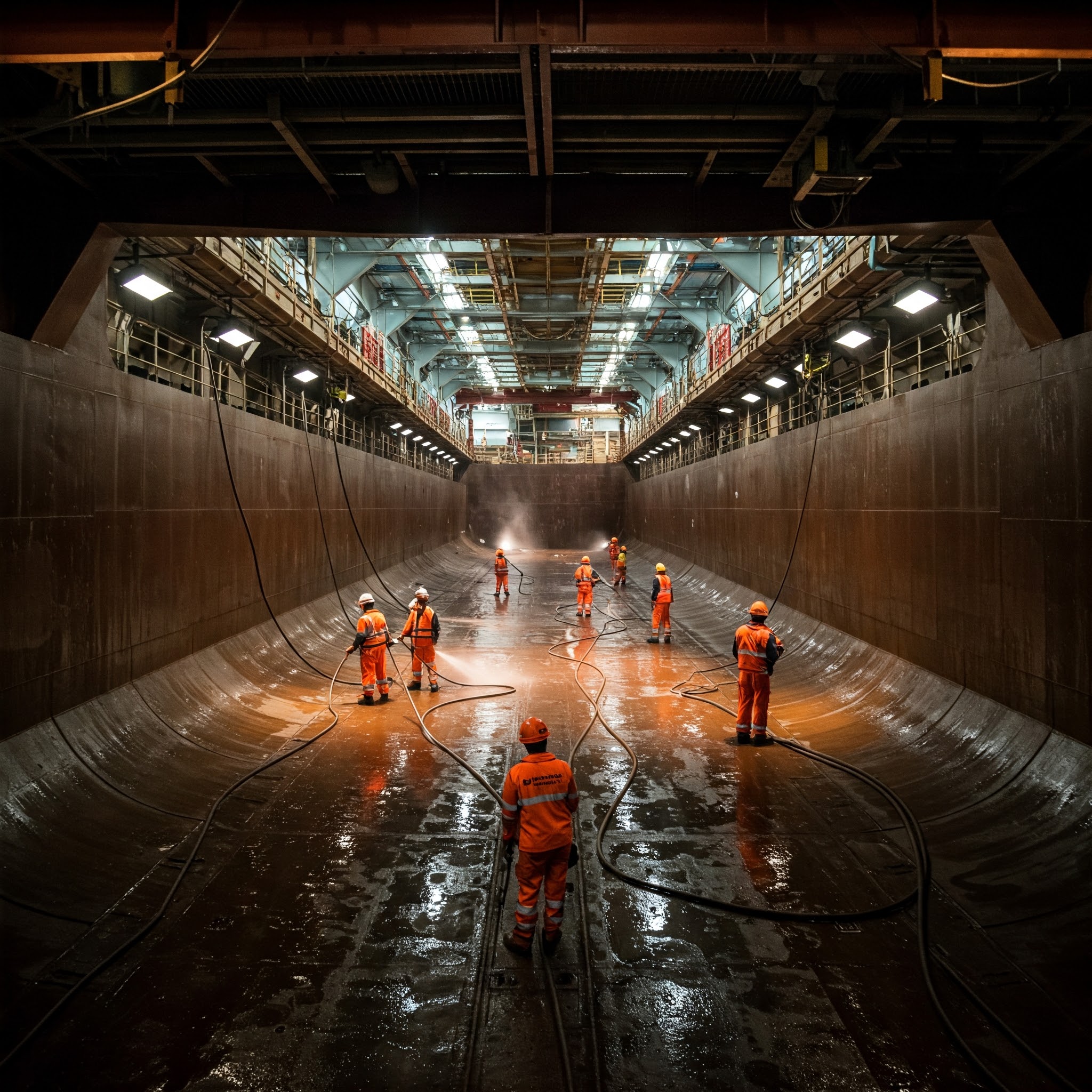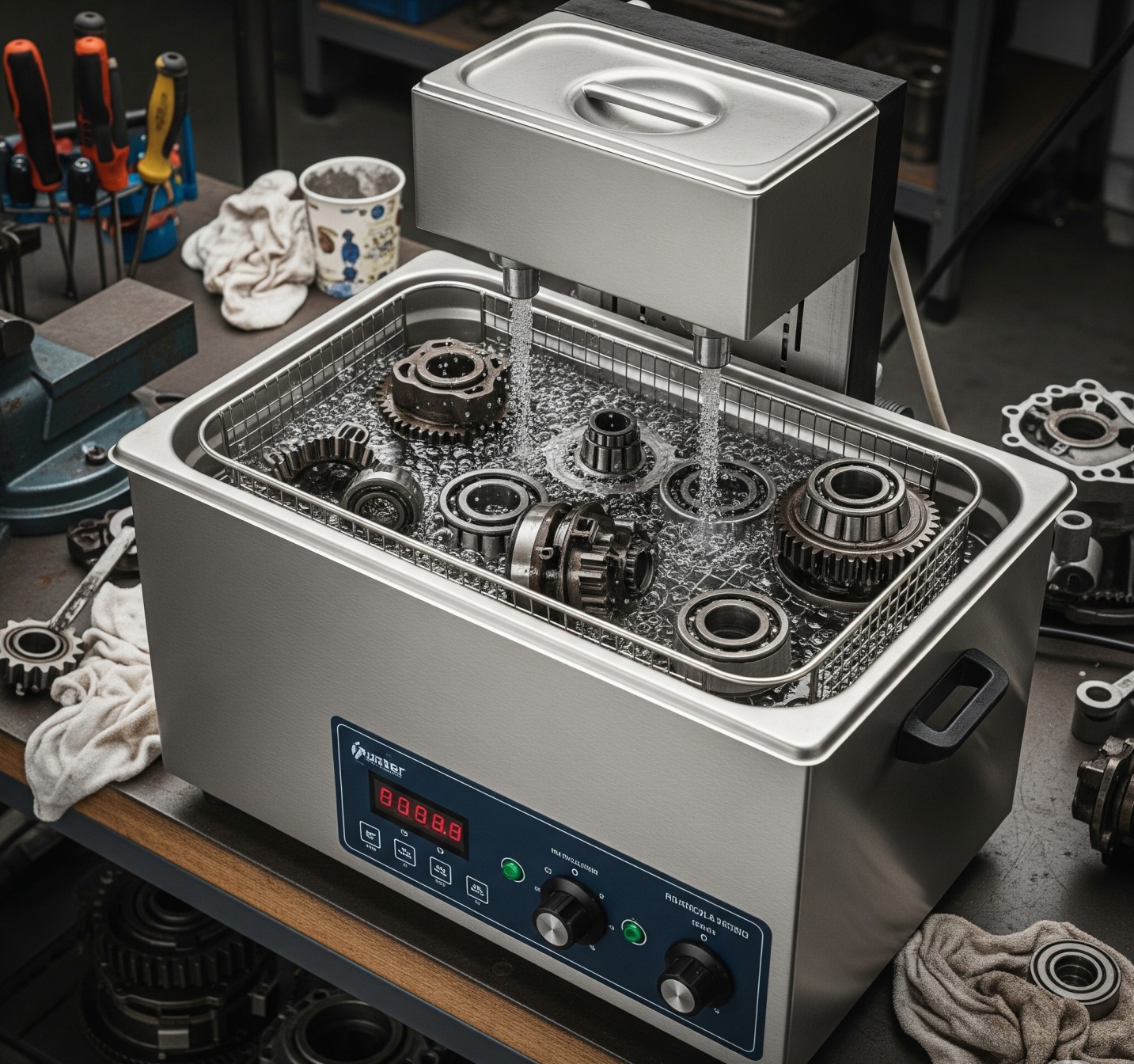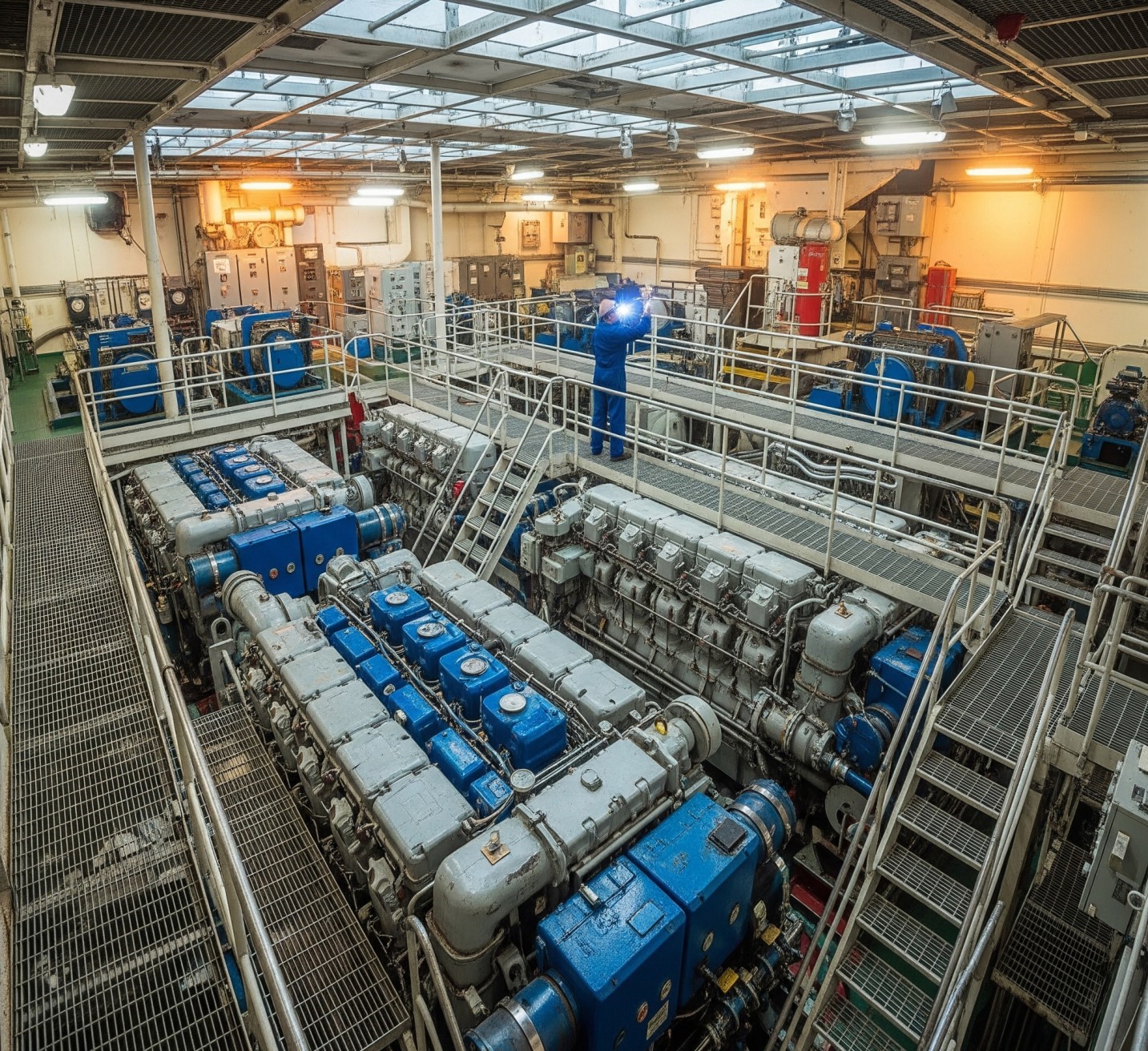
Green CC, RXSOL 9-150 / SLCC-A, Care Treat-4, MARICHEM C.C.I.TM, CCT 102, Maxtreat 3330, DM-530, Condensate Treatment 9-150, BWT QC4, pH CONTROLLER AMINE base, NEUTRALIZING AMINE AGENT JCF 2005 RP-01A, Aquameen 1150D, HYDREX 1646, Condensate Control 25 Ltr
Corrosion Inhibitor for Boiler Neutralizer Concentrated liquid neutralising agent for corrosion control in condensate and feed water systems, contain blends of low, medium and high volatility amines that provide great protection and neutralization of acidic gases, such as CO2 throughout a condensate system. Protects boiler surfaces by forming an iron tannate film.
A liquid neutralizing amine used to control corrosion and pH in steam and condensate systems.
Corrosion Inhibitor for Boiler Neutralizer alkaline and the vapors are irritating to eyes and lungs. Avoid contact with eyes and skin. Do not take internally. Observe safety regulations wear Goggles, PVC gloves and Apron when handling Provide ample ventilation Avoid contact with skin in case of contacts wash with cupious amount of water immediately. If eyes are splashed give immediate and prolonged irrigation with clean running water and obtain medical attention.
Not for internal use :-
If swallowed do not induce vomiting give plenty of water or milk and call a doctor immediately.
Packing. GENERAL REMARKS:-Do not store Corrosion Inhibitor for Boiler Neutralizer near a heating equipment.
How Condensate control works?
The condensate system contains high level of carbon dioxide in presence of vaporized steam the rapid formation of carbonic acid takes place which corrodes the metalic content rapidly.
- Easy to use liquid treatment.
- Neutralizes the acids occurring in the condensate system.
- Less maintenance required. Lower operating costs and increased reliability.
- Volatilizes and carries over with the steam and so is recycled. Dosage is economical and efficient.
- Simple test to determine level of treatment.
- Used for protection of condensate and feed water systems in boiler systems of all pressures.
We carry a complete line of condensate treatment chemicals. Condensate treatment chemicals are used to increase the condensate pH, thus reducing corrosion to the entire boiler steam system. The most common product is a tri-blend amine of cyclohexylamine, morpholine, and diethylaminoethanol (DEAE) neutralizing amines, although we do have standard RXSOL products or we can custom blend to your needs.
RXSOL-50-5005-DCM1 10% DEAE, 10% Cyclo, 10% Morpholine
RXSOL-50-5005-DCM2 20% DEAE, 20% Cyclo, 20% Morpholine
RXSOL-50-5005-C 20% Cyclohexylamine
RXSOL-50-5005-D 20% DEAE
RXSOL-50-5005-M 20% Morpholine
RXSOL-50-5005-C5 50% Cyclohexylamine
RXSOL-50-5005-D 50% DEAE
RXSOL-50-5005-M5 50% Morpholine
Corrosion Inhibitor for Boiler Neutralizer is a blend of volatile liquid / steam distributions ratios that neutralise the acid contaminants in condensate and feed water thus providing protection against acid corrosion in the complete system.The most common cause of acid corrosion in condensate and feed water systems is dissolved carbon dioxide. Condensate control neutralises this acid and maintains the condensate and feed water in an alkaline condition
Used in medium and high-pressure boilers including ultra high-pressure boilers.
Fields Of Application:-
Corrosion Inhibitor for Boiler Neutralizer is an effective neutralizing type corrosion inhibitor & oxygen scavanger for steam condensation system. And can also be used to protect Boilers /Metals surfaces form corrosion.It removes oxygen efficiently in open feed systems and gives effective corrosion inhibition of boiler/exhaust gas economizer system surfaces . Its Chemical reaction by converting Fe2O3 (rust) to organic iron compound protect further IRON rust reaction .
Operating Process:-
RXSOL-CC72 neutralizes the acid components of feed water.The proportion of Corrosion Inhibitor for Boiler Neutralizer depends upon the Carbon dioxide content of the condensate. Basically Corrosion Inhibitor for Boiler Neutralizer neutralizes the acid contents & maintains the condensate and feed water in the alkaline condition. It also protects copper based metals.
Protection of Condenser from Corrosion in Boiler / Power plant.
Condenser and its related accessory like condensate pump protection from corrosion is important task to avoid high maintenance cost due to acidic cavitation which can cause plant unplanned downtime. Unnecessary condenser maintenance also effect production yield.
What is condenser?
Condenser helps to condensate high temperature steam to water which can be collected and returned to further utilize in the steam generator. During condensation condensate control works during super heated temperature steam to neutralize or prohibit acid formation which is causes of cavitation and rusting etc...
Benefit of uses of Condensate Control - Condensnol amine?
Save maintenance cost
Avoid down time of system.
Corrosion Inhibitor for Boiler Neutralizer condensate is tested for PH to determine the dosage level. The PH limits are 8.3 - 9.0 . For an average system e. g. 10-M3, the dosage is approximately 0.65 ltr / day .
The necessary amount of Corrosion Inhibitor for Boiler Neutralizer is required or injected as frequently as to maintain the pH of the condensate at the main condensate pump outlet between 8.6-9.5 . The amines pass over with the steam and have the dual function of elevating the pH of the steam/condensate and putting a protective micro film on the system pipe work. Acidic condensate is the result of carbonic acid (H2CO3) being formed as CO2 is released in the steam.Condensate prevents corrosion by carbonic acid on live systems. Its filming properties also reduce corrosion on shut down lines, when moisture and oxygen are present.
#BoilerWATERtreatment_AlkalinityControl
#BoilerCHEMICAL_UAEdubai
#boilerWATERtreatment_MuscatOMAN
Why Condesate control ( Condensnol Amine ) required as BOILER Water Treatment chemicals?
Condensate control plays very important role to neutralize Acidic nature of boiler water steam during condensation process. As acidic nature rapidly corroding metal body of BOILER and surrounding system.
What is the main base and chemical principle of Condensate Control (Condensnol Amine )?
Condensate control contain mixture of condensnol amine which helps to neutralize acidic media which causes corrosion in boiler system. On the other hand we can say that condensate control works as a corrosion controler in steam and condensate systems.
Is Condensate System can be kept safe by using Condensnol amine - condensate Control?
Condesnol Amine ihighly effective product to CONTROL acidic strength of CONDENSATE SYSTEM. During liquid treatment Condensnol amine neutralises the acids in the condensate system.
Is Condensate control is easy to use?
Corrosion Inhibitor for Boiler Neutralizer condensate is tested for PH to determine the dosage level. The PH limits are 8.3 - 9.0 . For an average system e. g. 10-M3, the dosage is approximately 0.65 ltr / day .
The necessary amount of Corrosion Inhibitor for Boiler Neutralizer is required or injected as frequently as to maintain the pH of the condensate at the main condensate pump outlet between 8.6-9.5 . The amines pass over with the steam and have the dual function of elevating the pH of the steam/condensate and putting a protective micro film on the system pipe work. Acidic condensate is the result of carbonic acid (H2CO3) being formed as CO2 is released in the steam.Condensate prevents corrosion by carbonic acid on live systems. Its filming properties also reduce corrosion on shut down lines, when moisture and oxygen are present.




